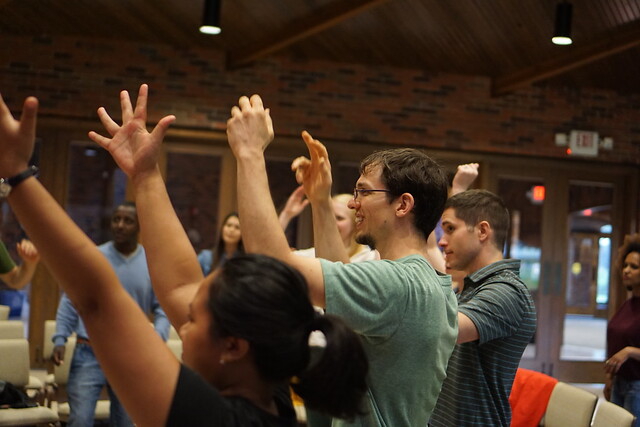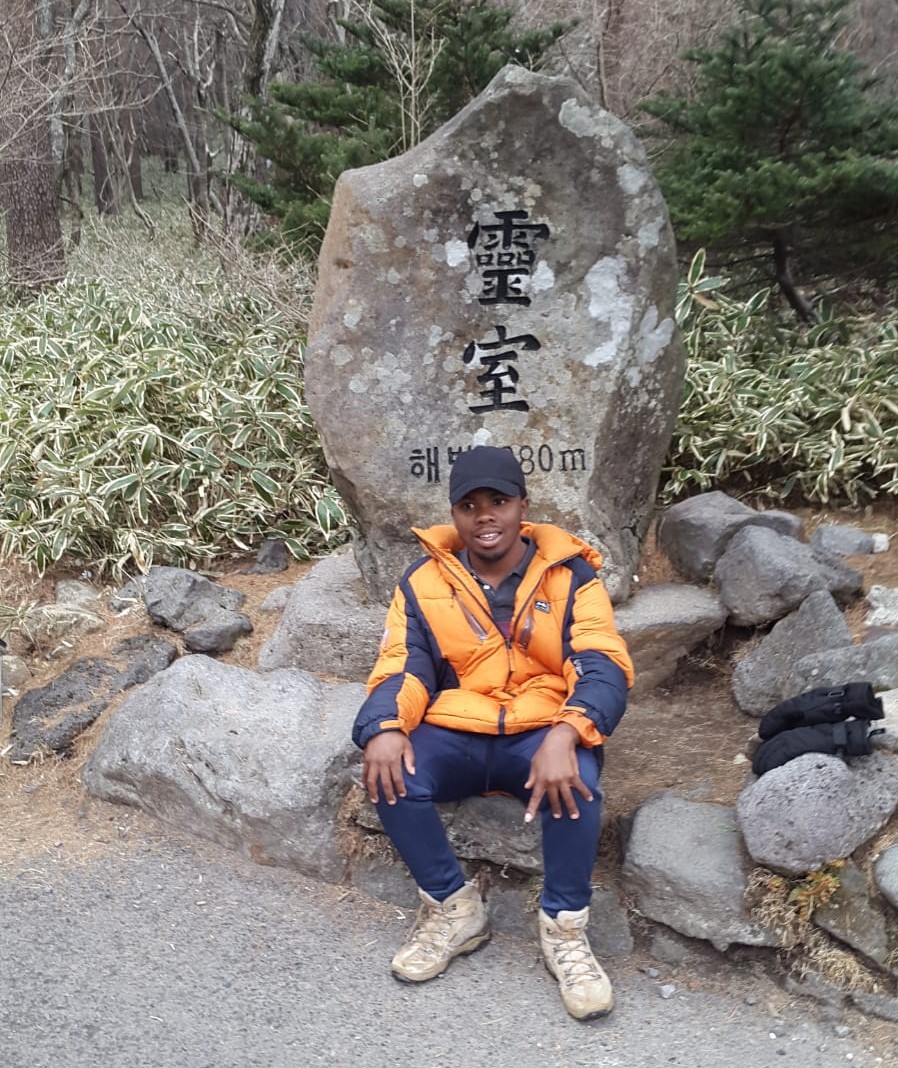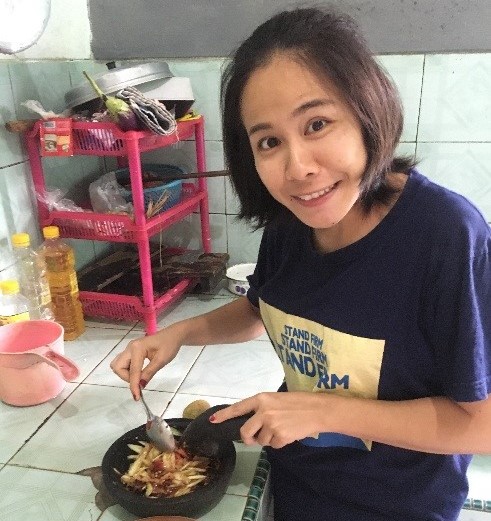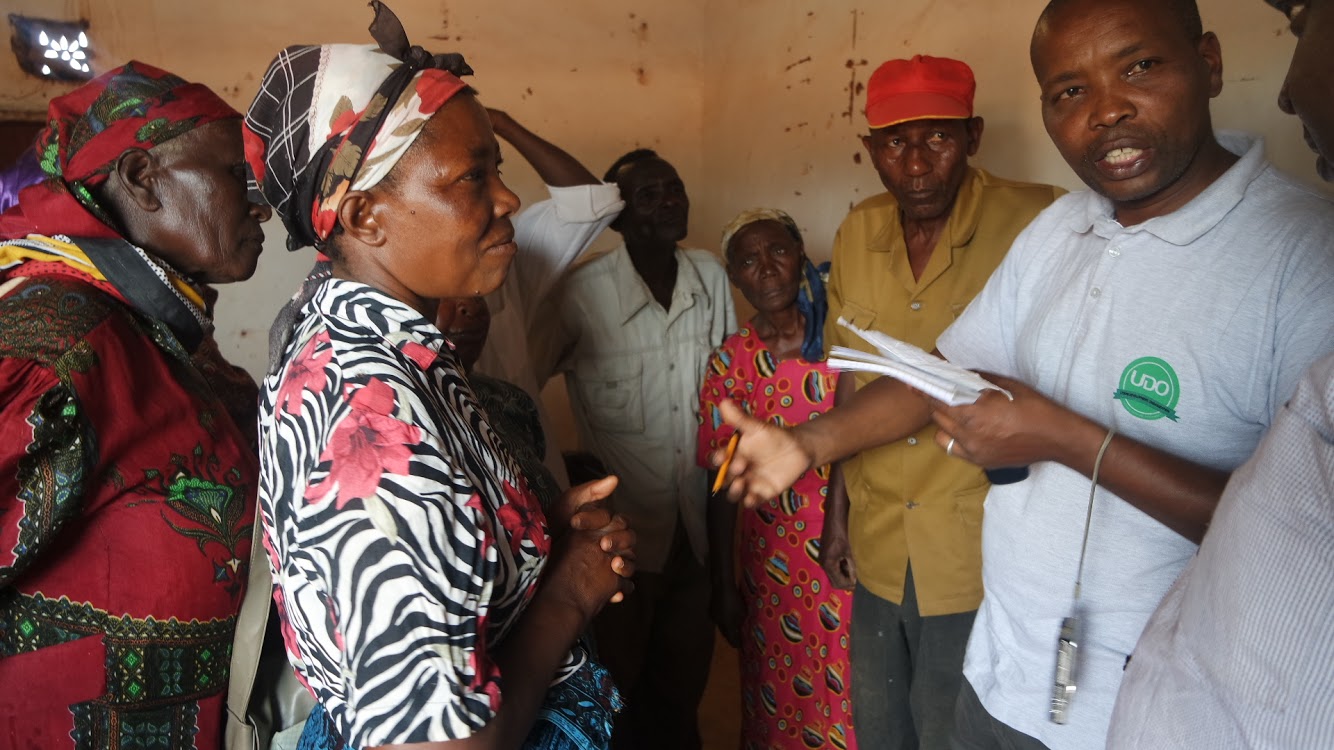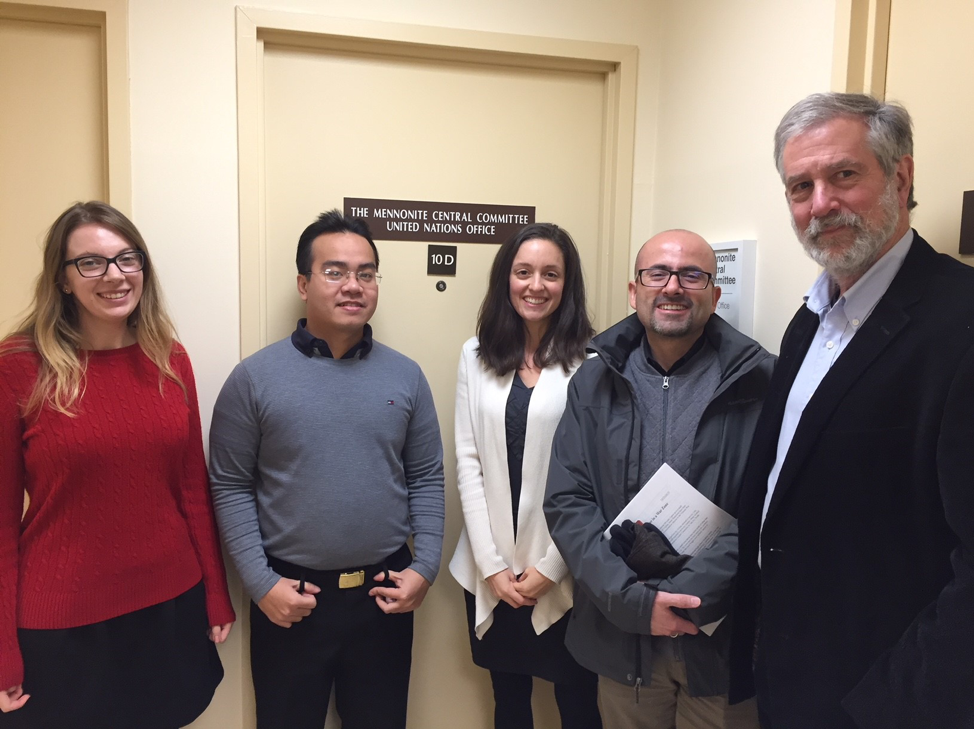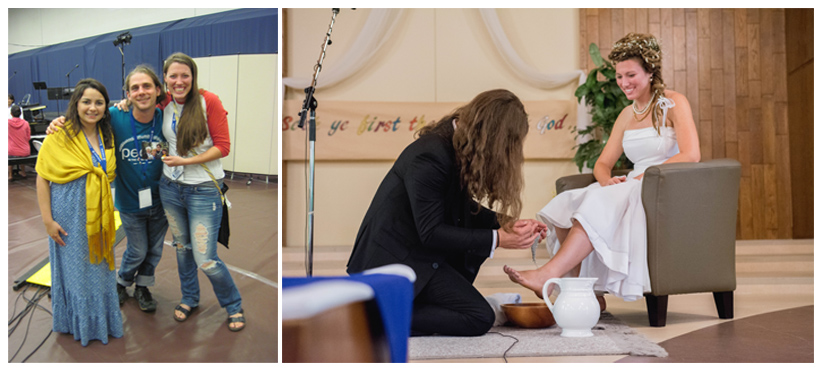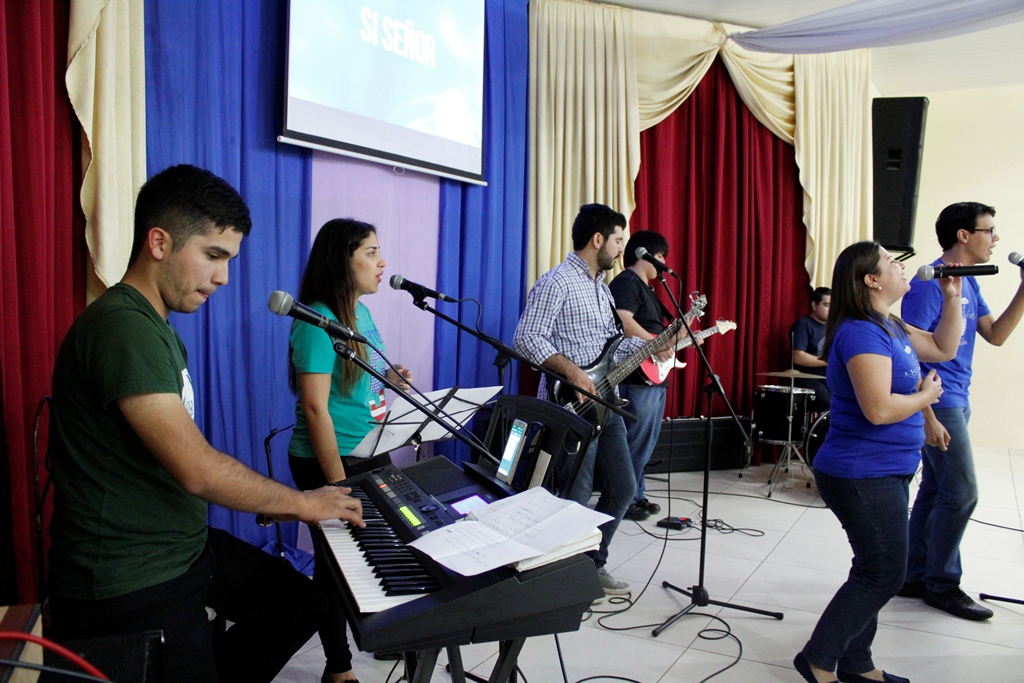-
YABs Fellowship Week 2019
SALT and LIGHT: Exploring Our Identity Then and Now Matthew 5:13-16
-
“Every second, God is here, helping me”
“A chapter of my story was written while with YAMEN,” says Diana Martínez. The young church leader from Colombia served as an educational assistant at Casa Hogar Belén, a children’s home in Managua, Nicaragua, 2017–2018 through YAMEN. YAMEN (Young Anabaptist Mennonite Exchange Network) is a joint program of Mennonite Central Committee (MCC) and Mennonite World
-
A recipe to cure homesickness
Laos and Indonesia are both in South East Asia, so some kinds of food are similar. But sometimes, as Laotian teaching English on YAMEN in Indonesia, I miss Lao food. When I make food from home, it helps me to not feel as homesick. Cooking Lao food to share with others helps me to share
-
Dal se Dil tak: to the heart through soup
As an Indian living in Canada on MCC’s International Volunteer Exchange Program, I have made dal (lentil soup) a number of times. When I made it for the first time, I was little nervous, but it was requested again for different groups of people and every time quantity increased. First, I cooked dal for my
-
YAMEN ambassador of peace amid violence
Damaris Guaza Sandoval says her year of service in La Ceiba, Honduras, was about equipping young people to be God’s ambassadors of peace where violence is common. The 26-year-old from Cali, Colombia, worked as a social worker with Proyecto Paz y Justicia (PPyJ; Peace and Justice Project), a ministry of MWC member church Iglesia Evangélica
-
How it works: Emergency food distribution
In many parts of the area near Kibwezi, Kenya, I see corn that has dried up. Driving around, it’s hard to find any corn that people will be able to harvest this season. In February 2018, MCC’s partner Utooni Development Organization (UDO), which I volunteer with, started a food relief project in one of the
-
Young people key to resilient church
A greeting from the Vietnam Mennonite Church to the world. Throughout its history, the people of the Vietnam Mennonite Church (VMC) have never failed to demonstrate their resilience and their commitment to live out the peaceful way of Christ. First established in 1964 in Saigon (now Ho Chi Minh City), VMC went through many periods
-
Benni & Rianna: a GYS love story
Christian parents have long encouraged their sons and daughters to find a life partner at church activities. They have also encouraged their young adults to meet the global church through international experiences. Sometimes those situations overlap. Theology students Benni and Rianna Isaak-Krauss will celebrate their one-year wedding anniversary this summer, three years after the Mennonite
-
YABs Fellowship Week 2018
This year, we will celebrate our third annual YABs Fellowship Week June 17–24, 2018. The theme is “Called to be Free,” centred on Galatians 5:13–15. We encourage each everyone to choose and adapt these materials in a way that will be useful to your context, translate them where necessary, share and distribute them to all
-
YABs Fellowship Week 2018
“Called to be free”
